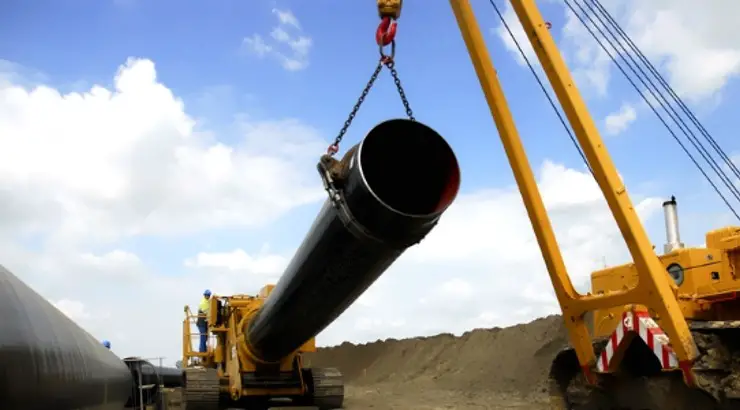Michels Canada has been awarded the contract from TC Energy Corporation to construct approximately 260 kilometers of the Keystone XL Pipeline Project in Alberta.
According to Dean Cowling, President, Michels Canada, Keystone XL Pipeline Project will bring with it thousands of good-paying jobs and economic benefits to local communities along the pipeline route. “We look forward to initiating construction this summer and take pride in our reputation for delivering quality work safely and with care for the environment,” he said.
Michels Canada will be directly responsible for hiring a projected 1,000 workers each year over the two-year construction period, with special emphasis placed on hiring locally and giving priority to qualified local and indigenous businesses. Construction is scheduled to begin this summer near Oyen, AB and finish near Hardisty, AB in the spring of 2022.
Rob Sillner, Keystone XL Vice President, Canada Execution & Project Enablement said that Michels Canada has extensive experience constructing pipelines and major infrastructure projects in North America and were chosen based on their alignment with TC Energy’s core principles of safety, environmental stewardship and stakeholder engagement along with their construction expertise, financial strength and contract competitiveness.
Also Read: Phase II redevelopment works underway at OPG’s Calabogie Generating Station in Canada
Keystone XL Pipeline Project
Overall, construction of Keystone XL will contribute approximately US $2.4bn to Canada’s GDP and will generate more than US $7m in property taxes in the first year in service. The 1,897km Keystone XL pipeline will supply crude from the Alberta oil sands in Canada to the US Gulf Coast refineries.
Capable of delivering 830,000 barrels of heavy crude oil a day, the cross-border crude oil pipeline will originate from an oil terminal at Hardisty, Alberta, and traverse through Montana and South Dakota to connect with the existing Keystone Pipeline system at Steele City, Nebraska.
